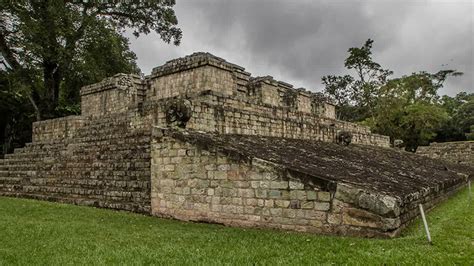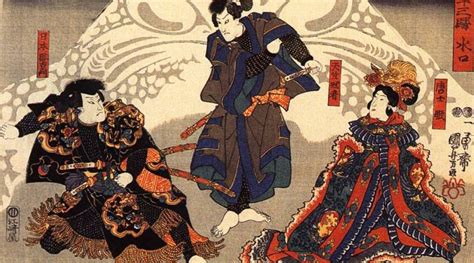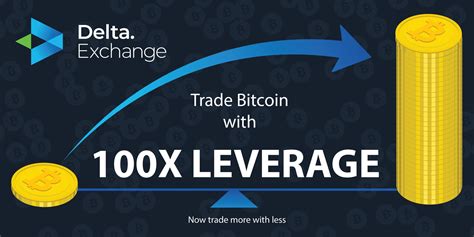Discover the colonial era, independence movement, post-independence challenges, political evolution, and socio-economic development in this insightful blog post. Gain valuable historical and contemporary insights.
Colonial Era
Contents
Gabon’s colonial era began in the late 15th century when Portuguese explorers first set foot on its shores. Over the next few centuries, the country fell under the control of various European powers, including the Dutch, British, and French. However, it was the French who ultimately gained control of Gabon in the 19th century, establishing it as a key part of their colonial empire in Africa.
During this period, Gabon saw significant exploitation of its natural resources, particularly in the form of ivory and rubber. The French also established a lucrative trade in slaves, further enriching themselves at the expense of the Gabonese people. The colonial administration imposed harsh labor conditions on the local population, leading to widespread poverty and suffering.
Furthermore, the French implemented a system of forced labor, known as the corvée, which required Gabonese citizens to work without pay on public infrastructure projects. This system further entrenched the economic disparities between the colonizers and the colonized, laying the groundwork for future social and political tensions.
Throughout the colonial era, Gabon experienced significant cultural and social upheaval as traditional practices and beliefs clashed with the imposition of European customs and values. The spread of Christianity, for example, had a profound impact on the Gabonese people, leading to the erosion of indigenous religi
Independence Movement
Gabon’s Independence Movement was a significant period in the country’s history, marked by the push for self-governance and freedom from colonial rule. This movement was largely influenced by the desire for autonomy and the wave of nationalism sweeping across Africa during the mid-20th century. The struggle for independence in Gabon was led by prominent figures such as Leon M’ba and Jean-Hilaire Aubame, who fervently advocated for the rights of the Gabonese people and worked tirelessly to achieve sovereignty.
The Independence Movement in Gabon was characterized by widespread protests, demonstrations, and political activism. The Gabonese people, emboldened by the successes of other African nations in gaining independence, sought to assert their own sovereignty and chart their own future. The movement was fueled by a strong sense of national identity and a collective determination to break free from the shackles of colonialism.
The road to independence was not without its obstacles, as the colonial authorities sought to resist and suppress the growing calls for self-rule. However, the resilience and unwavering commitment of the Gabonese people ultimately led to the country gaining independence from France on August 17, 1960. This milestone marked a turning point in Gabonese history and set the stage for a new era of self-determination and nation-building.
The Independence Movement in Gabon is a testament to the power of perseverance, unity, and the unwavering spirit of the Gabonese people in their quest for freedom and self-governance. The legacy of this movement continues to resonate in modern-day Gabon, serving as a reminder of the strength and resilience of the nation’s journey towards independence.
Post-Independence Challenges
After gaining independence from France in 1960, Gabon faced a number of significant challenges as it sought to establish itself as a sovereign nation. One of the most pressing issues was the need to develop a stable political system that could effectively govern the country and address the needs of its people. Unfortunately, Gabon’s early years as an independent nation were marked by political instability and a series of coups and attempted coups that threatened to derail the country’s progress.
Another major challenge faced by Gabon in the post-independence period was the need to diversify its economy away from a heavy reliance on oil. While the discovery of oil in the country had brought significant wealth, it also led to a lack of investment in other sectors of the economy. As a result, Gabon struggled to develop industries outside of the oil sector, leading to an overreliance on a single source of revenue.
Furthermore, Gabon faced challenges in terms of addressing social and economic inequality within the country. Despite its oil wealth, much of the population continued to live in poverty, and access to basic services such as healthcare and education was limited, particularly in rural areas. Additionally, issues of corruption and mismanagement of public funds hindered efforts to address these challenges and improve the lives of ordinary Gabonese citizens.
In recent years, Gabon has made some progress in addressing these challenges, particularly in terms of political stability and economic diversification. However, much work remains to be done in order to ensure that the benefits of Gabon’s wealth are shared more equitably among its population, and that the country can continue to develop in a sustainable and inclusive manner.
Political Evolution
Gabon’s political evolution has been marked by a series of changes and transitions since gaining independence from France in 1960. Initially, the country was under the rule of President Leon M’ba, who established the Gabonese Democratic Party (PDG) and served as the nation’s leader until his death in 1967. Following M’ba’s passing, his vice president, Albert-Bernard Bongo, took over as the president and continued to lead the country for over four decades. During his tenure, Bongo oversaw a period of one-party rule and implemented a new constitution in 1991, paving the way for a multi-party political system.
However, Bongo’s rule was not without controversy, as his administration faced allegations of corruption and electoral fraud. In 2009, Bongo passed away, and his son, Ali-Ben Bongo, succeeded him as the president of Gabon. This transition of power from father to son sparked public outcry and led to protests, with many questioning the fairness and transparency of the electoral process. Despite the opposition, Ali-Ben Bongo remained in power and won re-election in 2016, further solidifying the political dynasty established by his father.
In recent years, Gabon has seen continued political unrest and divisions, with the opposition challenging the government and calling for democratic reforms. The country’s political landscape remains complex, with power struggles, allegations of human rights abuses, and socio-economic disparities contributing to the ongoing political evolution in Gabon. As the nation grapples with these challenges, the future of its political system remains uncertain, making it a topic of great importance and interest both domestically and internationally.
Socio-Economic Development
The socio-economic development of Gabon has seen significant progress over the years. With a focus on diversifying the economy and reducing its dependency on oil, the government has implemented various policies to promote growth in sectors such as agriculture, tourism, and manufacturing.
Investment in infrastructure has also been a key priority, with the construction of new roads, ports, and airports to improve connectivity within the country and with the rest of the world. This has not only facilitated trade and business activity but also boosted the tourism industry, contributing to the overall socio-economic development of Gabon.
Furthermore, efforts to improve education and healthcare have had a positive impact on the quality of life for the people of Gabon. Increased access to education has led to a more skilled workforce, while better healthcare services have improved overall productivity and well-being.
Beyond these domestic efforts, Gabon has also been proactive in seeking foreign investment and partnerships to support its socio-economic development goals. This has led to collaborations with various international organizations and countries, bringing in expertise and resources to further propel the country’s growth.
Overall, the socio-economic development of Gabon is a testament to the government’s commitment to creating a more diverse, resilient, and prosperous economy for its citizens, paving the way for a bright and sustainable future.













